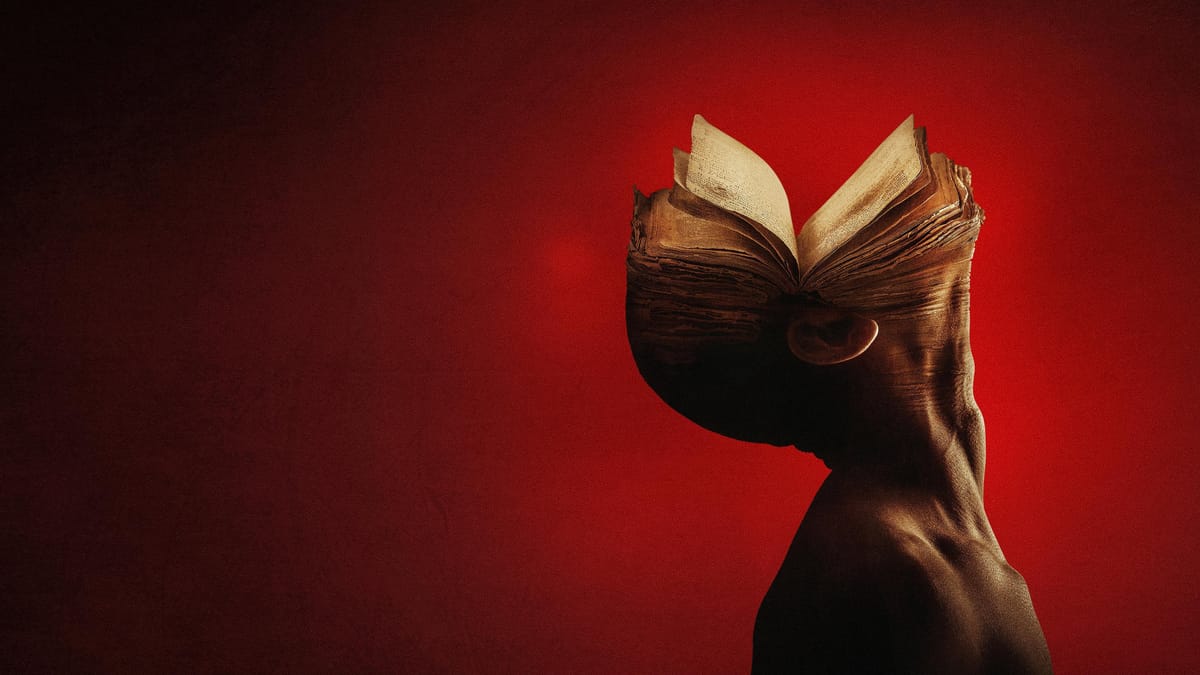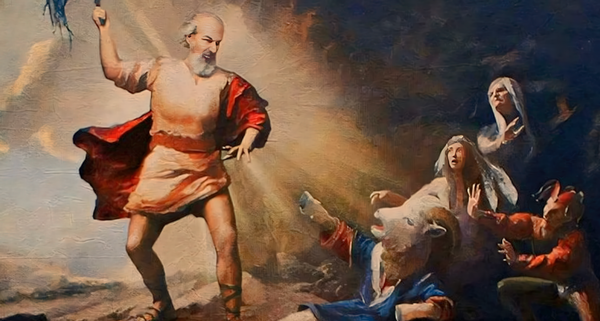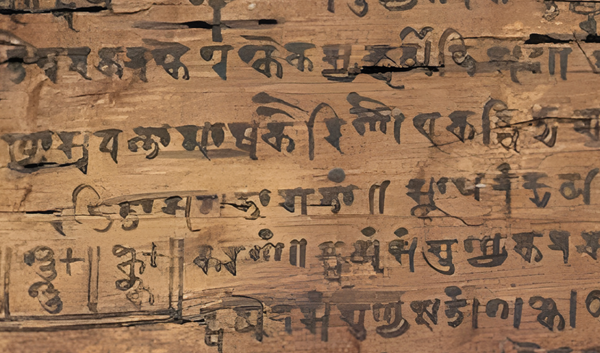Review of Books of Blood (2020), Inspired by the Dark Imagination of Clive Barker

Clive Barker has always possessed a singular ability to unnerve readers by transforming ordinary settings into foreboding landscapes where ghastly creatures and psychological nightmares lurk. Books of Blood, available on Hulu, channels that signature style with a curious blend of unnerving atmosphere, surreal storytelling, and just enough realism to make each horrifying twist feel uncomfortably plausible. Drawing on Barker’s original tales, the film stitches together a series of loosely connected narratives, and that patchwork structure underscores an unsettling theme: darkness can manifest anywhere, often in the most unexpected of places.
From the outset, the movie wastes no time establishing its central tensions. We are introduced to a fragile young woman named Jenna, who finds herself taking refuge at an unassuming bed-and-breakfast. While the outward appearances of her hosts, Ellie and Sam, hint at the convivial warmth one might expect from a cozy roadside inn, a persistent undercurrent of dread runs beneath every interaction. This sense of unease intensifies as the line between Jenna’s real-life anxieties and potential hallucinations dissolves. By plunging the audience into a state of uncertainty, the film masterfully compels viewers to question whether the menacing events they witness are tangible horrors or a dark reflection of Jenna’s unraveling mind. This ambiguity lingers throughout, contributing to a consistent sense of tension that lasts until the closing moments.
One of the film’s most intriguing elements lies in how it grapples with mental health, guilt, and vulnerability. Rather than relying solely on supernatural scares, Books of Blood also explores the torment born of isolation and confusion. The disconcerting possibility that Jenna’s encounters might be the result of a broken psyche on the brink of collapse renders the experience far more disquieting than a typical jump-scare-driven horror movie. It’s a trick Barker’s work often employs: the greatest terror sometimes arises when characters cannot be entirely sure they can trust their own perceptions. Watching this tension develop becomes an engrossing journey, made more compelling by occasional flashes of empathy for Jenna, even as her judgment and reliability become increasingly suspect.
Adding depth to this nightmarish tapestry, the film delves into the primal fear that something sinister could lie just beneath the benign surface of ordinary life. Subplots interweave to expose the shadows lurking within unsuspecting people and places, a theme that resonates strongly with Barker’s overarching premise that evil can emanate from both external and internal sources. This perspective keeps the viewer continuously on edge. In a story like this, no corner of the film’s universe is definitively safe, and no interaction is truly innocent. Every scene pulsates with the possibility of hidden menace, sustaining a pressing feeling of unease as it marches toward a quietly unnerving finale.
Beyond these thematic intricacies, the execution shines in its unflinching commitment to atmosphere. Without leaning too heavily on gore, the film taps into an almost claustrophobic sense of dread, accentuated by whispered voices, shadowy hallways, and forlorn landscapes that seem to echo the characters’ inner turmoil. This visual and auditory tapestry enhances the psychological stakes, amplifying each moment of uncertainty into a tangible threat. Small, seemingly mundane details—a door left ajar, a flickering light, or the hushed exchange of ominous hints—take on outsized significance, further intensifying the possibility of looming catastrophe.
Ultimately, Books of Blood delivers a haunting cinematic experience that is both loyal to the spirit of Clive Barker’s literary legacy and refreshingly inventive in its storytelling approach. Horror aficionados who crave narratives that toy with the boundary between reality and nightmare will find much to appreciate here, and those drawn to the darker corners of the human psyche will be engrossed by the film’s willingness to examine taboo subjects and moral ambiguity. Indeed, the stories within this anthology-like structure serve as a testament to Barker’s influence on modern horror: they provoke us to face unsettling questions about mortality, sanity, and what malevolent forces may lie in wait when we least expect it. While it certainly veers into disturbing territory, the film’s eerie contemplations linger long after the screen fades to black, ensuring that Books of Blood succeeds in leaving its own indelible mark on the genre.




